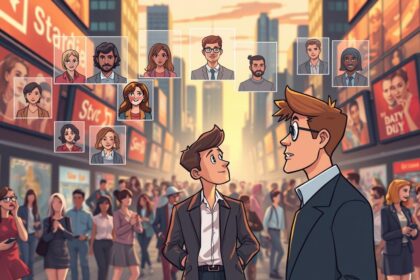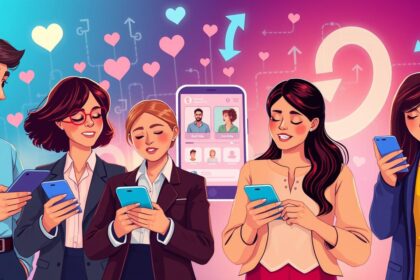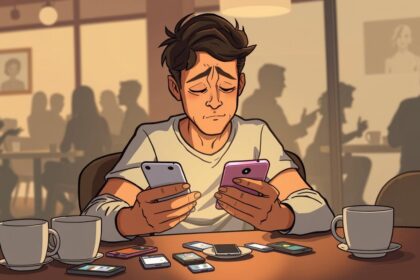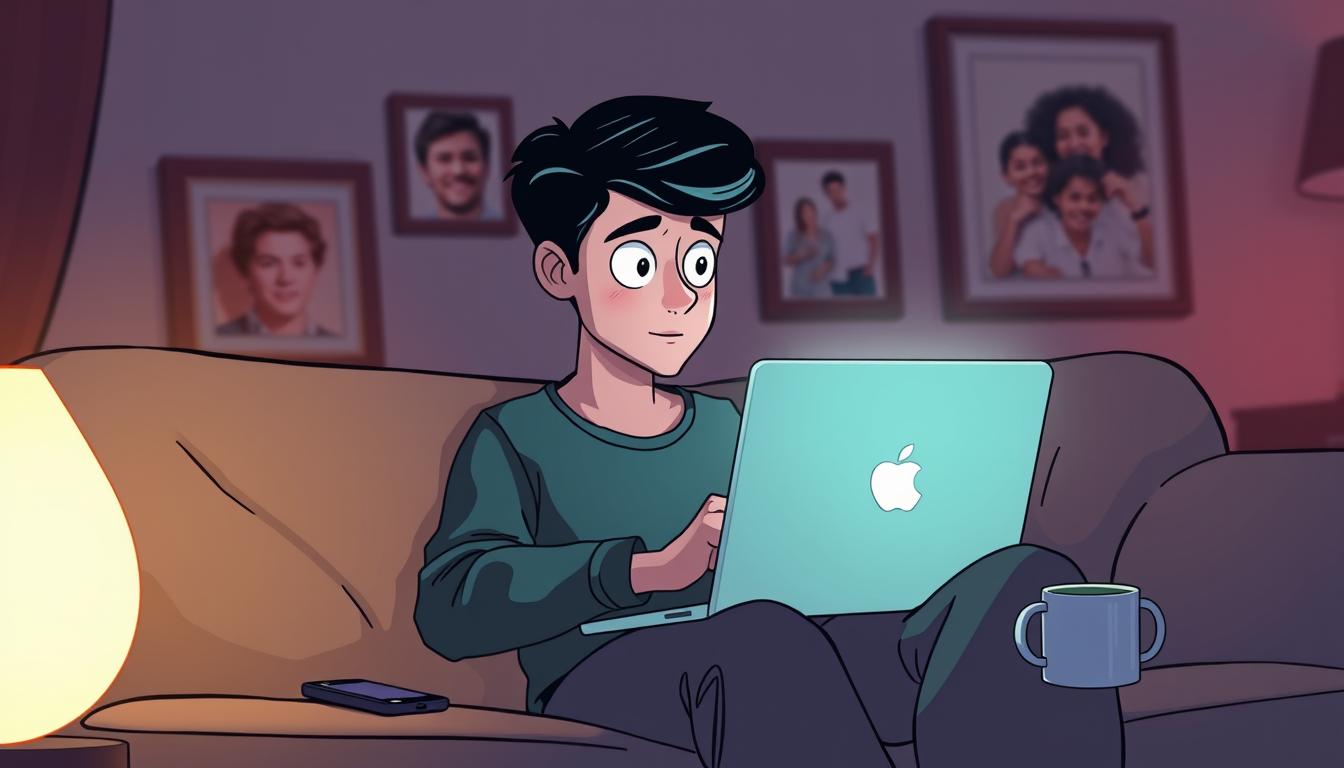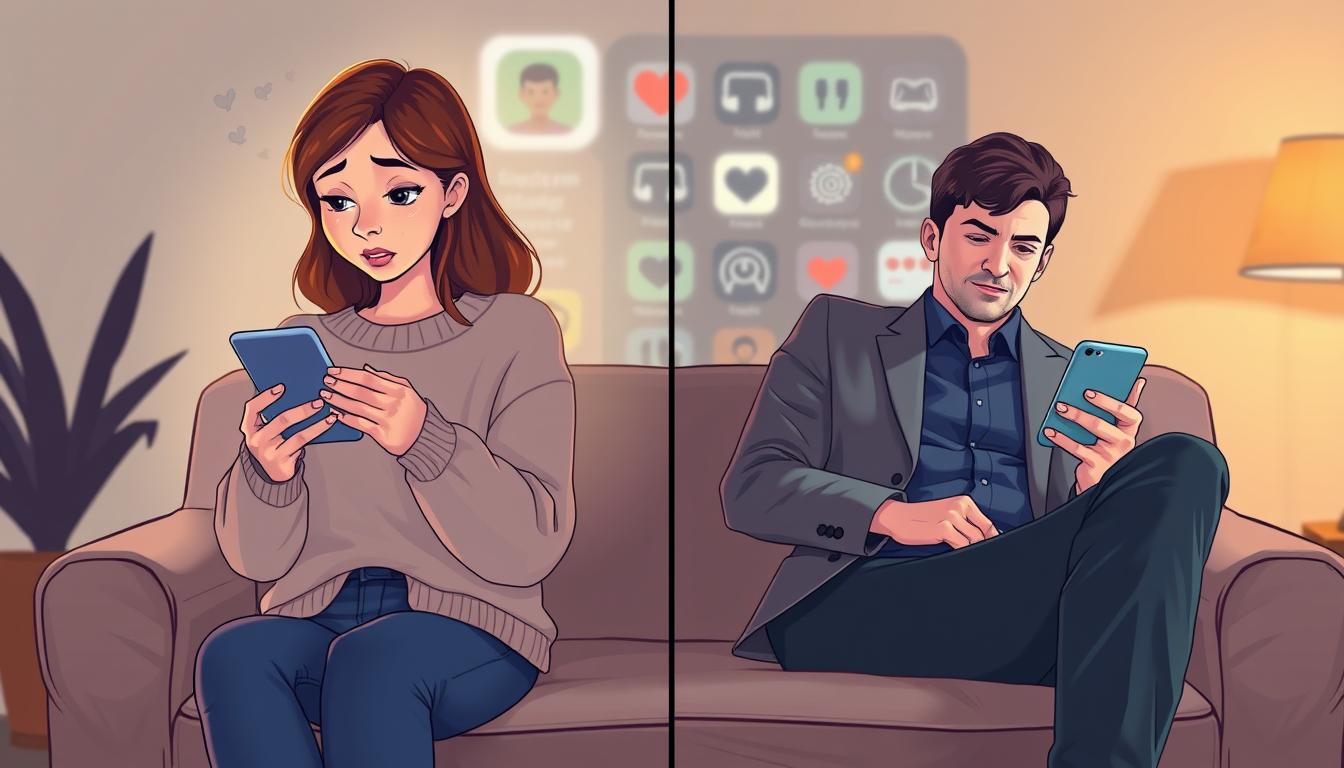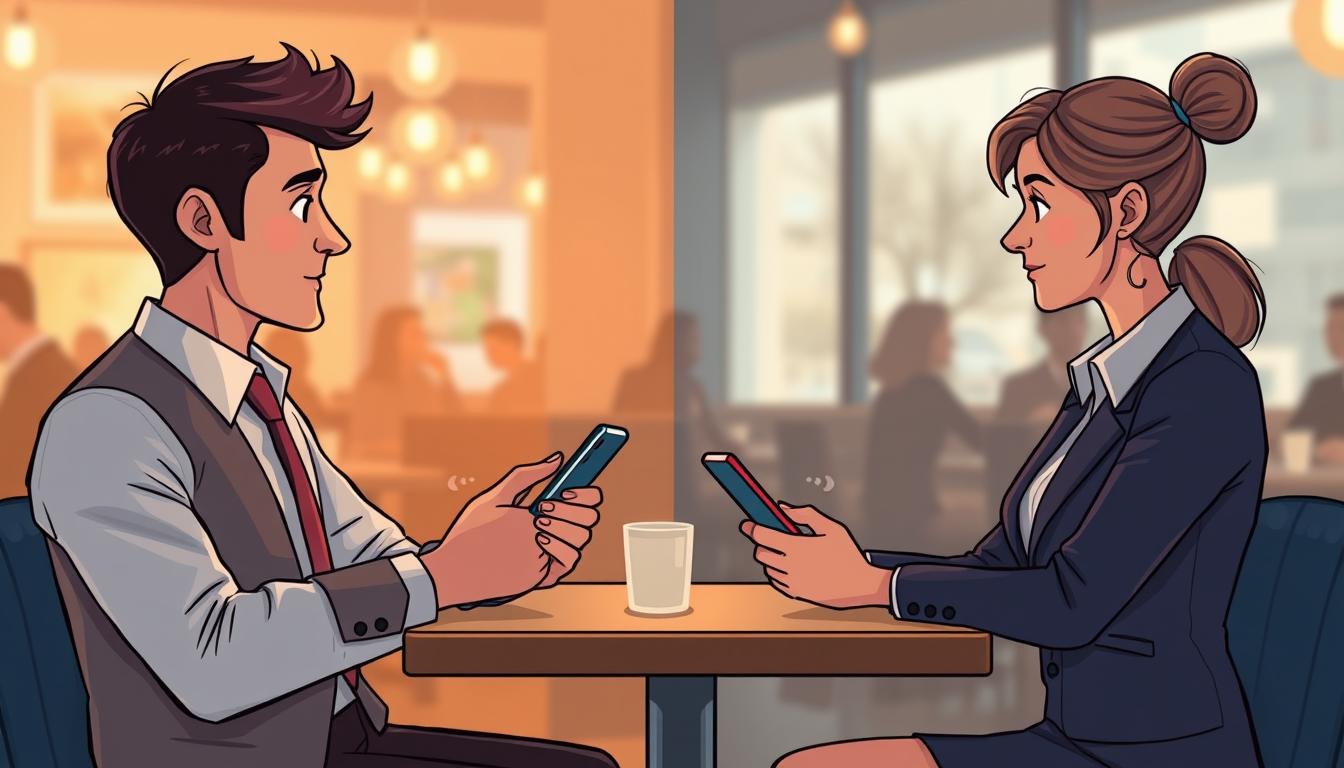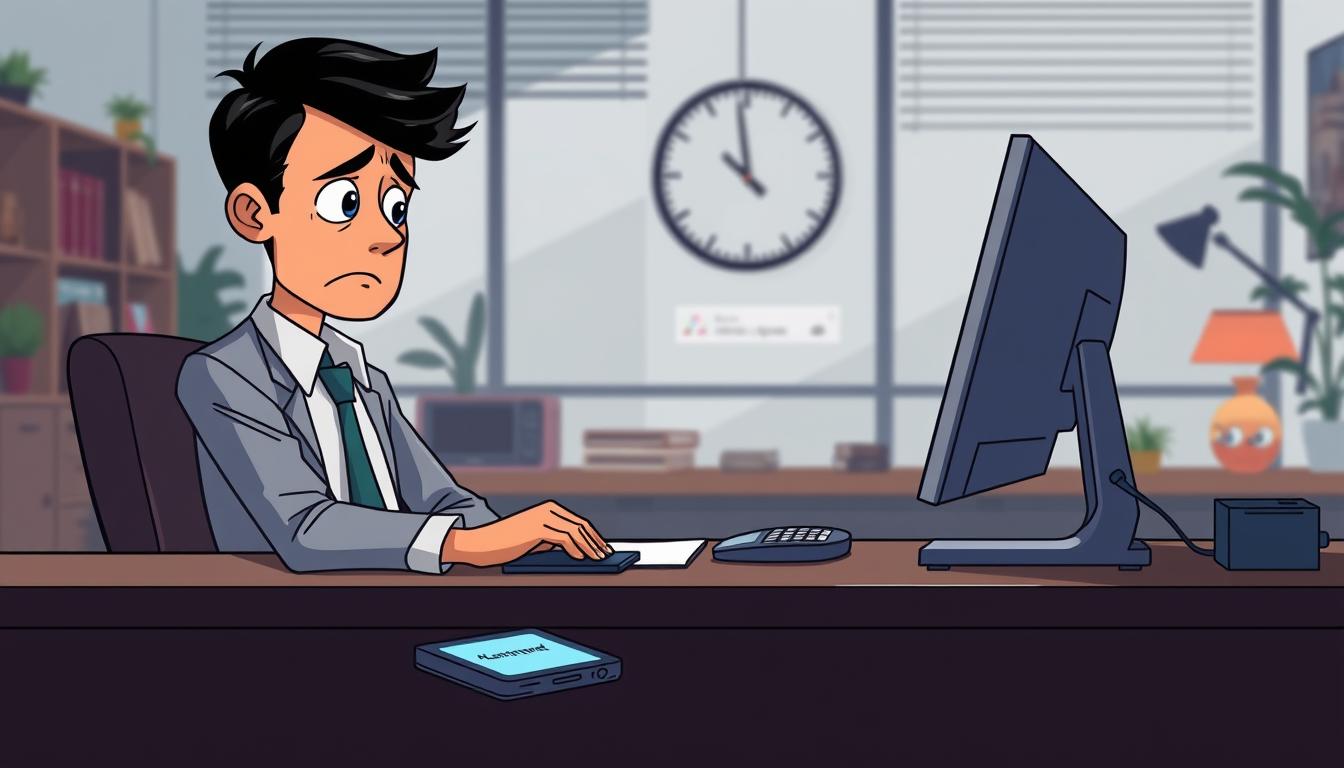Have you ever waited for a text back that never came? You’re not alone. The act of ghosting, or ending a connection without explanation, is now a common part of modern dating. In fact, the term ...
Welcome to today’s dating world, where endless possibilities should make finding love easier than ever. Dating apps and online platforms offer an unprecedented number of potential partners. This...
Modern dating has transformed dramatically with technology. Many individuals now navigate romantic connections through apps and websites. These digital platforms create unique dynamics that can influe...
Modern romance has transformed dramatically with the rise of technology. Our phones now offer endless romantic possibilities at our fingertips. This shift has created a unique dynamic in how we approa...
Swiping through profiles can feel like a second job. You match, you chat, but then… nothing. This experience is more common than you might think. Data shows that nearly 8 out of 10 users report ...
Many people today form strong bonds through screens that feel personal yet remain one-way. Rooted in Horton and Wohl’s 1956 idea of an “illusion of intimacy,” these ties grow from repeat exposure on T...
How does your emotional style shape online romance? This section frames the central question: why some people rush to swipe while others scroll without connecting. Researchers link attachment patterns...
Small online acts—likes, emojis, quick DMs—can feel harmless but shift how partners connect. In today’s relationship landscape, blurred lines from social media and remote work make tiny cues more char...
In fast-swipe apps, a steady stream of choices can wear down how people show up. This can lead to emotional detachment online dating and make each match feel more like a transaction than a chance to c...
Waiting for a reply can feel heavy. When messages lag, senders lose immediate information about intent, tone, and next steps. That gap sparks uncertainty and raises stress in modern connections. Async...

